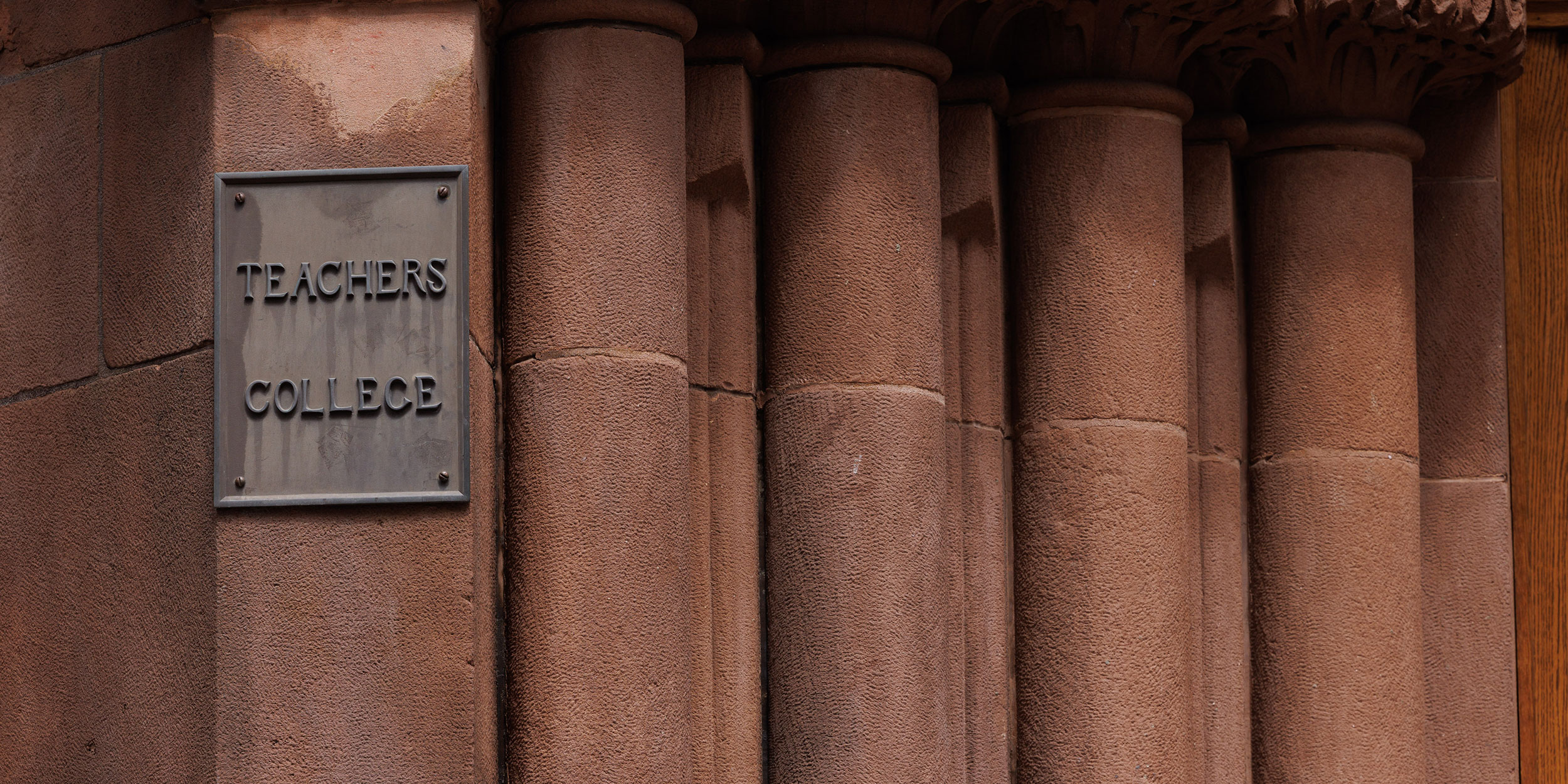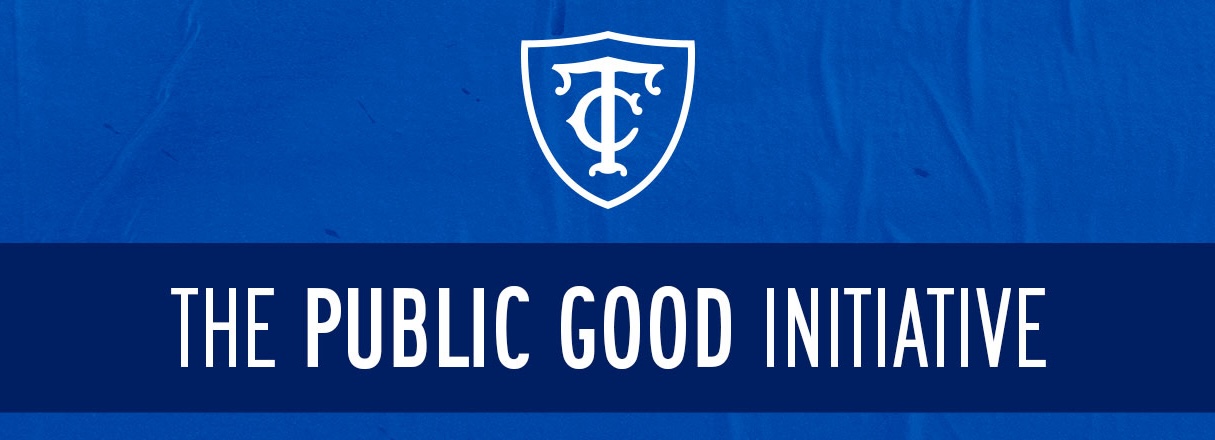
At Teachers College, our researchers, scholars and students are collaborating with communities and leaders to solve some of the most pressing issues of our time across education, health and psychology.
Now, we are connecting efforts in these areas to address global challenges, and increase collaboration toward implementing solutions. We are raising awareness through a range of events, publications and podcasts on how we are meeting these global challenges. TC’s work will grow as we build on these efforts, and we invite you to learn more and stay engaged.
Our Focus Areas

TC Community Partnerships
Explore the impactful work of Teachers College in communities around the globe through projects related to education, mental health and wellness, digital innovation and sustainability.
Listen to the Pursuing the Public Good Podcast
Join President Thomas Bailey and some of TC’s faculty experts as they pull back the curtain on how we’re making a difference, and how you can help. Plus, learn more and find episode transcripts here.
TC Newsroom
Learn more about TC's work and impact in our communities around the world.
Give to TC
Join us in creating a smarter, healthier, and more equitable world.

